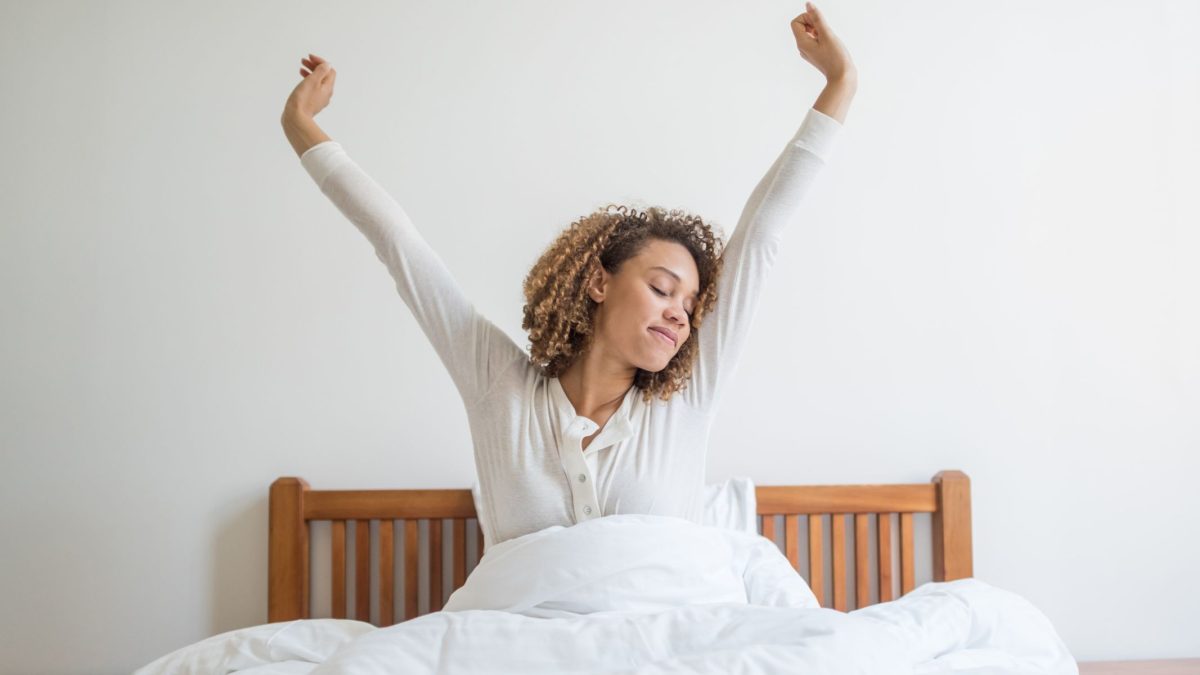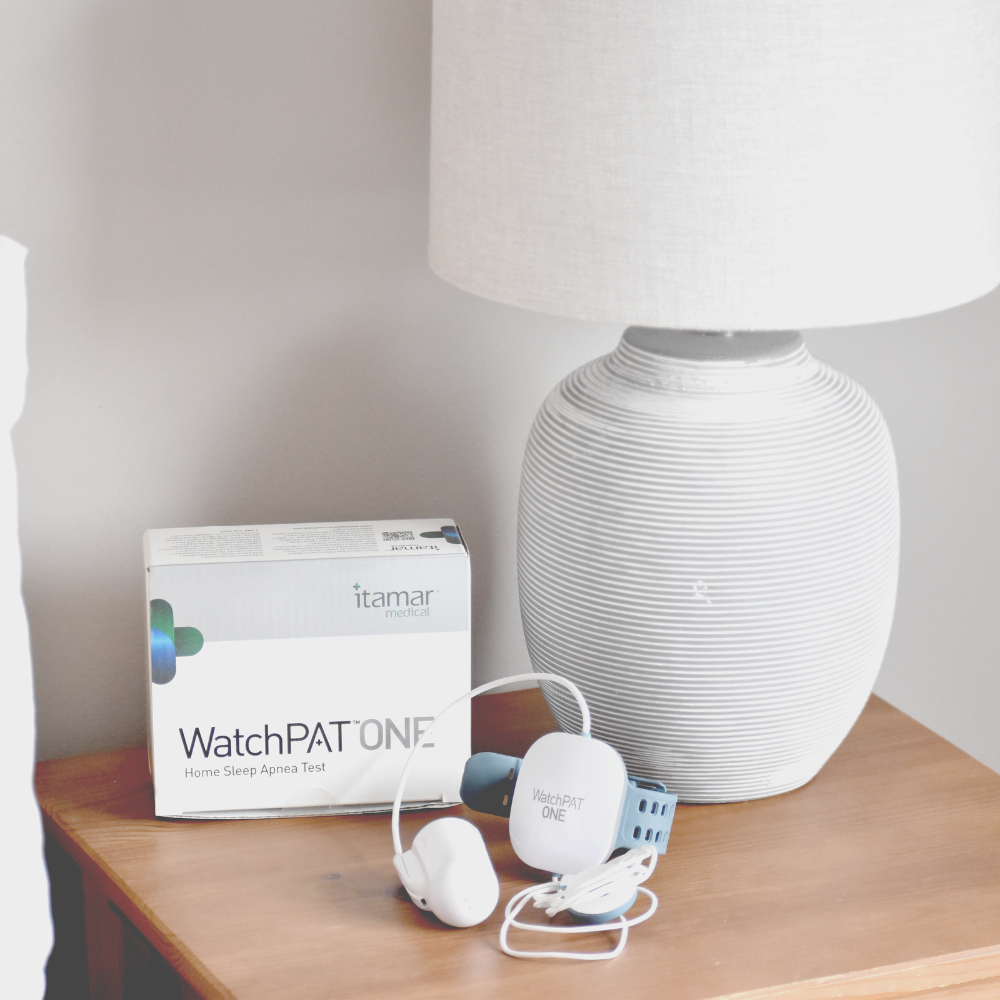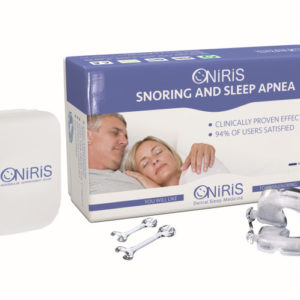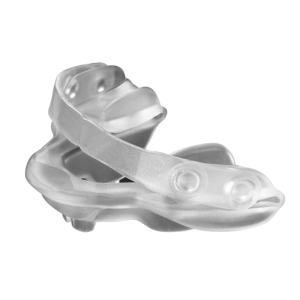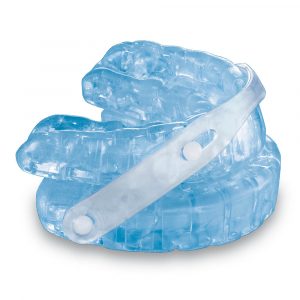Fact Checked
Intus Healthcare’s writers, customer service team, and sleep experts review and ensure this information is accurate.
Last updated on April 2nd, 2024 at 10:13 am
A sleep issue that commonly goes unnoticed is teeth grinding and clenching.
For some people, this only occurs during the day, and for others, during sleep.
This article will explain how teeth grinding affects sleep, why it happens, and how to stop it.
Table of Contents
What is sleep bruxism?
Bruxism is the medical term used to describe teeth-grinding and clenching, which is typically associated with stress. It is characterised by overactivity of the muscles responsible for chewing. Although both sleep bruxism (SB) and daytime bruxism share similar actions, they are distinctly different. People with SB may clench down with a force of up to 250 pounds because there is no active protective mechanism (1).
For those with daytime bruxism, it happens repeatedly and involuntarily, and many people are unaware that it may also occur when they sleep. Sleep bruxism is far less common than the daytime condition, affecting around 13% of adults, which decreases for older adults (2).
Children and teeth-grinding
Sleep bruxism is more common in young children and teenagers, with the likelihood of the condition declining as individuals age. Research shows that the prevalence of SB in children ranges from 5% to 50% (3). Teeth grinding can occur as soon as teeth begin to grow, and the risk is often increased in those who sleep talk, sleepwalk, or wet the bed.
Symptoms
The movement disorder causes involuntary clenching, grinding, or gnashing of teeth during sleep. It is important to note that people with bruxism don’t grind their teeth continuously throughout the night; instead, they have episodes that last seconds. These episodes vary every night and can occur once or up to a hundred times.
Here are some common symptoms associated with sleep bruxism:
- Teeth grinding sounds: The grinding or clenching of teeth can often produce sounds, which may disturb sleep partners.
- Jaw pain: Frequent clenching of the jaw muscles can lead to pain or stiffness. It can also loosen the jaw, leading to popping or clicking sounds when talking or eating.
- Headaches: The repetitive and intense movements during sleep can cause morning headaches, specifically in the temple.
- Facial pain: Grinding and clenching can also lead to facial pain, particularly around the temporomandibular joint (TMJ), which connects the jaw to the skull.
- Tooth damage: Over time, sleep bruxism can wear down tooth enamel, leading to tooth sensitivity, increased risk of cavities, and even fractures in severe cases.
- Gum recession: Excessive grinding can cause the gums to recede, leading to potential gum problems.
- Tiredness: Due to disrupted sleep patterns caused by the grinding or clenching episodes, individuals with sleep bruxism may wake up tired and restless.
The symptoms differ from person to person and are commonly discovered by a family member, friend or partner who observes the bruxism during sleep. Many people are unaware of the condition unless told by someone else, while some people don’t have any symptoms and may not need treatment.

Why do I grind my teeth?
Chewing and other mouth movements are common during sleep, with up to half of the population occasionally engaging in such behaviours. This is not to be confused with bruxism, which is caused by various factors; these include:
- Stress: Anxiety and stress can cause teeth grinding as the body enters the fight or flight response. During this response, various muscles, including those in the jaw, can become tense and activated, leading to bruxism.
- Lifestyle: Habits such as smoking and excessive consumption of alcohol and caffeine (more than 6 cups a day) can increase the risk of bruxism. This is because these habits interrupt your sleep patterns and can trigger muscle hyperactivation and tension.
- Medication: Certain medications, including anti-depressants and chronic pain medication, can alter the receptors of various neurotransmitters, leading to teeth grinding (4). Consult your doctor if you think your medication may be causing your teeth grinding.
- Sleep Apnoea: There is an association between OSA and bruxism, with many people suffering from both as they often exacerbate each other.
- GERD: Individuals with gastroesophageal reflux disease are more likely to grind their teeth due to acid reflux-induced tooth wear and sleep disturbances, which may contribute to the development of bruxism.
- Family history: Bruxism can run in the family, and acquiring specific genetics may make you more likely to develop the condition. As many as half of those with bruxism have a close family member who also has the condition.
- Sleep behaviour disorders: Non-REM behaviours such as sleep talking, sleepwalking, and bedwetting can increase the risk of teeth grinding.
Side effects of bruxism
If left untreated, the condition increases the risk of:
- Poor dental health, including tooth erosion, cracked teeth and misalignment.
- Jaw muscle and joint problems
- Obstructive Sleep Apnoea (OSA)
How is bruxism diagnosed?
If you or someone you know has symptoms of bruxism, it’s advised to speak with your GP or dentist to undergo a physical examination of your symptoms.
In some cases, an overnight sleep study may be recommended. Undertaking the study can be helpful when there is uncertainty about whether the described events are bruxism or other facial movements during sleep and when the clinical history is suggestive of a comorbid sleep disorder that may be exacerbating bruxism episodes.
The link between Sleep Apnoea and sleep bruxism
Obstructive Sleep Apnoea and sleep bruxism are two sleep-related conditions that can coexist and influence one another (5). OSA occurs when frequent airway obstructions cause breathing disruptions during sleep.
Bruxism typically occurs during micro-arousals (brief awakenings) in stages 1 or 2 of the sleep cycle. During these brief awakenings, your nervous system becomes more active, which can trigger involuntary mouth movements. OSA can cause micro-arousals due to pauses in breathingleading to contractions of the respiratory muscles to start breathing again.
Both OSA and sleep bruxism involve alterations in muscle activity during sleep. In OSA, the muscles in the throat relax excessively, leading to airway obstruction and breathing pauses. In sleep bruxism, increased muscle activity, particularly in the jaw muscles, leads to teeth grinding and clenching. Both disorders can disrupt your sleep patterns.
In OSA, repeated episodes of breathing disruptions lead to frequent arousals from sleep, resulting in a fragmented sleep pattern. Similarly, the grinding or clenching of teeth in sleep bruxism can cause sleep disturbances, leading to poor sleep.
The conditions share common risk factors such as obesity, alcohol consumption, smoking, and certain medications. These factors can contribute to the development or worsening of both disorders.
Overall, it is common for the conditions to coexist and interact in complex ways, and if you have one of these conditions, you should be aware of the heightened risk of developing the other.
Treatments
There is no specific treatment to cure sleep teeth grinding, but there are approaches that can help to decrease the episodes and reduce side effects. Please be aware that treatment is based on the individual and should be discussed with a doctor or dentist.
Mouthpieces
Various oral appliances and mouthguards can reduce tooth damage caused by the condition. These mouthpieces for grinding teeth cover the teeth and act as a barrier between your teeth and the grinding motions. These dental splints can cover just one row of teeth or both.
Bite splints: A bite splint is a removable device that fits over some or all your teeth to prevent damage from grinding. If you have OSA, only wear this type of device if it has been prescribed and fabricated by a qualified provider.
Mandibular Devices: A Mandibular Advancement Device (MAD) gently moves the tongue and lower jaw forward into a stabilised position. This function keeps the airway open, preventing grinding and jaw clenching. MADs also treat mild Sleep Apnoea and reduce chronic snoring by preventing the tongue from falling back, causing an airway obstruction.
For more information on Mandibular Devices, please read our detailed review article: Mandibular Advancement Device Q&A.

Relieving stress
A leading cause of bruxism is high stress levels; decreasing stress can help to reduce nighttime disturbance.
Behavioural therapies and relaxation techniques can help you to calm your mind and muscles before bedtime.
Sleep hygiene
Sleeping habits are also known as sleep hygiene. These simple lifestyle adjustments can help to improve sleep quality and reduce the risk of grinding teeth. Some factors include reducing alcohol intake, quitting smoking, eating foods that promote sleep and exercising more.
Medication
Various medications can help to reduce sleep bruxism by altering brain chemicals to decrease the body’s urge to grind teeth. Medication should only be recommended by a doctor who can guide you to the correct medication so you can receive the most effective treatment.
CPAP Therapy
If you have Sleep Apnoea and grind your teeth, CPAP therapy can help to improve both conditions. CPAP involves a machine that provides airflow through to a mask worn during sleep. The airflow keeps your airway open to prevent mouth and throat tissue from collapsing and causing an obstruction.
As CPAP prevents an airway blockage, you’re less likely to experience breathing micro-arousals, which can reduce the risk of teeth grinding.
Summary
Sleep bruxism is a common condition that can coexist with Obstructive Sleep Apnoea. Treating one of both conditions can have benefits for the other.
If you have symptoms of OSA, you can take our fast Sleep Apnoea test, which can be completed at home for one night only.
Your sleep data is analysed by our sleep clinicians, and results are returned in as little as seven days.
Mouthguards for teeth-grinding
REFERENCES
- Hennessy, B.J. (2022, February). Teeth grinding. Merck Manual Consumer Version. Available at: https://www.merckmanuals.com/home/mouth-and-dental-disorders/symptoms-of-oral-and-dental-disorders/teeth-grinding. Accessed: 07.02.2024
- Yap, A. U., & Chua, A. P. (2016). Sleep bruxism: Current knowledge and contemporary management. Journal of Conservative Dentistry: JCD, 19(5), 383-389. https://doi.org/10.4103/0972-0707.190007. Available at: https://www.ncbi.nlm.nih.gov/pmc/articles/PMC5026093/. Accessed: 07.02.2024
- Machado E., Dal-Fabbro C., Cunali P. A., Kaizer O. B. (2014). Prevalence of sleep bruxism in children: A systematic review. Dental Press Journal of Orthodontics. Available at: https://pubmed.ncbi.nlm.nih.gov/25628080/. Accessed: 07.02.2024
- George, S., Joy, R., & Roy, A. (2021). Drug-Induced Bruxism: A Comprehensive Literature Review. Journal of Advanced Oral Research. Available at: https://journals.sagepub.com/doi/10.1177/2320206821992534/ Accessed: 07.02.2024
- Martynowicz, H., Gac, P., Brzecka, A., Poreba, R., Wojakowska, A., Mazur, G., Smardz, J., & Wieckiewicz, M. (2019). The Relationship between Sleep Bruxism and Obstructive Sleep Apnea Based on Polysomnographic Findings. Journal of Clinical Medicine, 8(10). Available at: https://doi.org/10.3390/jcm8101653. Accessed: 07.02.2024

